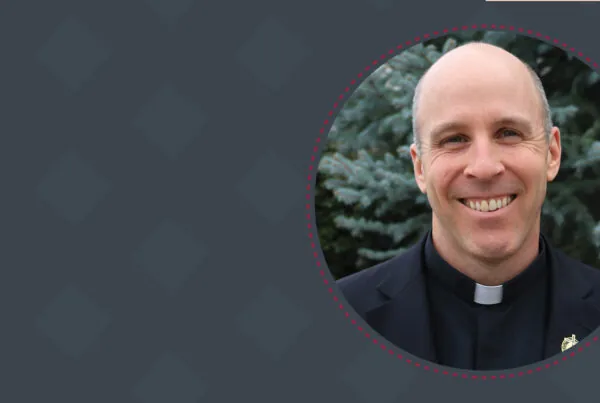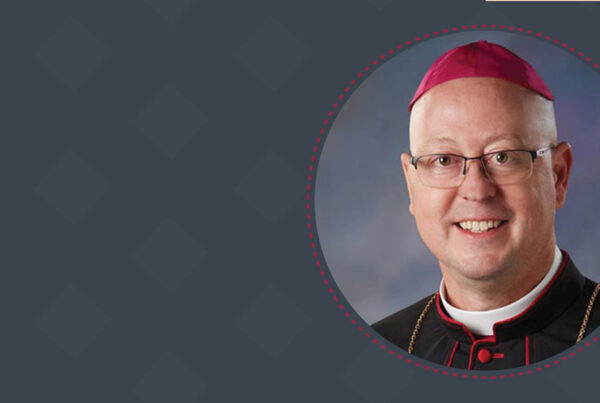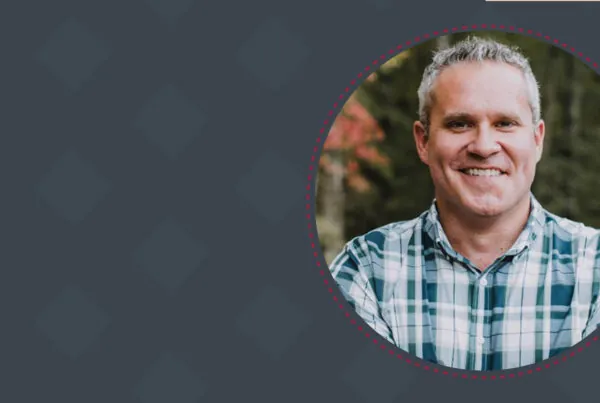How well do you know your major donors? Your answer to that question is key to your organization’s chance for fundraising success, especially during a capital campaign.
After 21 years of service and more than $2 billion raised for our clients, the Steier Group has learned that there are three critical success factors of a capital campaign: strong leadership at the CEO level, a compelling project vision and a dedicated volunteer force.
Even when these factors are met, however, capital campaign success is not guaranteed. Our campaign managers often encounter nonprofits who have misidentified the engagement level of their major donors – families who have the capacity to give abundantly but, when asked for a campaign gift, won’t make a pledge.
Often, a nonprofit can take major donors for granted. It’s true that the donor might have great capacity and make regular gifts, but if your organization never invested in developing a relationship with the donor, it makes it much harder to secure a significant campaign donation.
Your organization can increase engagement and better measure it by employing two simple habits as a part of your annual development work: consistent major donor communication and basic data management.
BE A FRIEND
Think of your best friends and what makes your friendship strong. Great friends are good listeners. They remember what you share with them and understand what you value. They give you a call on your birthday. Best friends don’t pop in and out of your life – being a good friend means touching base on a regular basis and building trust over time.
Great major donor relationships are the same. A donor is much more invested in your organization if they hear from you often, can give to projects that match what they care about, and have a trust in you that has steadily increased over time. Put yourself in the donor’s shoes: it would be hard to make a six-figure gift to an organization you rarely hear from and that asks you to give a large gift to something you don’t value.
Building great relationships with your donors isn’t hard and can be one of the most fulfilling parts of your work.
Teach your staff to be better friends with your members and donors. Segment your donors and begin by focusing on your 20 best annual givers. Create a personal communications plan that you and your senior staff can accomplish. This can include making a quarterly phone call to check in, sending a birthday or anniversary card, and scheduling a face-to-face lunch or happy hour every six months.
Schedule these contacts at the beginning of every year. If you don’t have sophisticated fundraising software to remind you, create tasks or appointments in your email calendar. Touching base regularly with a donor isn’t expensive and doesn’t require a lot of time, but it will have a substantial impact when it comes time for a capital campaign or other large ask.
These interactions give you a chance to be strategic about how you share what your organization needs and what impact you’re making. It also gives you the opportunity to test out ideas for innovative programs or improvements and benefit from the input and expertise that your donors have to offer. Approaching your relationship this way builds trust and gives you a better idea of what a donor may be willing to support in the future.
Once you have a process in place, it’s important to store the information about your friendship so any staff person relating with that donor can serve them better. You also empower your organization to continue these relationships even after you are gone.
DONOR DATA MANAGEMENT
Fancy donor database services are wonderful, but if your budget is too tight, you can accomplish the basics of what you need using spreadsheet software you already have.
Regularly clean your data. Make sure to enter new data when you learn that a donor has moved or changed a phone number or email. For the donors you don’t talk with often, regularly send your database through an update with a data warehousing company that will capture these changes. Import the results back into your database. Are you short on staff? Train volunteers or interns on the database and ask for their help. It’s worth the time investment. It’s awkward sending a large request letter to a donor who moved away two years ago.
Decide on a process for updating your database after interactions with your members. After you complete your regular communications with your donors, be sure to note in the database what date you talked to them and any information that you want to remember about the visit. If you’re not database savvy, jot the notes on a card for your assistant or receptionist to enter for you.
Make the database accessible to everyone on your staff. The receptionist may learn that a member changed jobs or has an interest in food pantries or programs that assist single mothers. Your music liturgist might have recruited one of your donors to the choir, which indicates they could be interested in contributing toward a new piano or the children’s choir concert. Ask your staff to record that data! Each piece of information can help you to better present giving options to donors that fit with their specific passions. When everyone on your staff can access this information, they can also better serve your members and give them a great experience at each interaction.
KEEP GOING
Once you’ve mastered this new habit with your top 20 donors, move on to also include your next 20 largest donors, and so on, depending on your staff capacity. If you invest in this work now, your capital campaign years from now will be much more successful and rewarding. And one final note as you determine your interactions with this critical group: In their minds, they are not one of your donors. You are one of their charities.
If your organization is considering a planning study or capital campaign, we’d love the chance to work with you. Contact the Steier Group today. Our team of enthusiastic, talented and energetic campaign managers is ready to help your organization take the next step. You can also visit our website at steiergroup.com.




